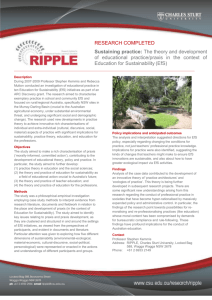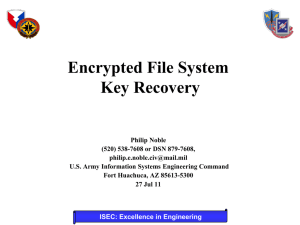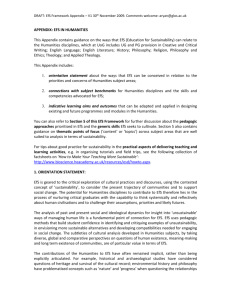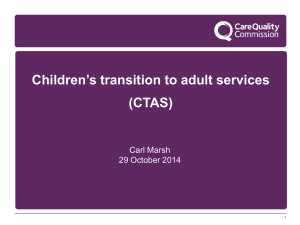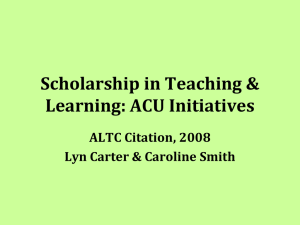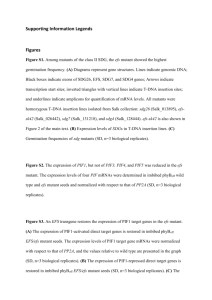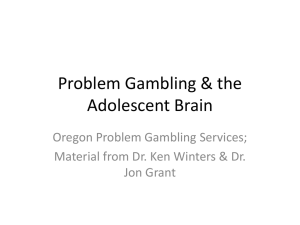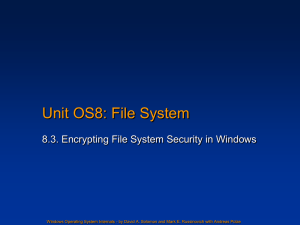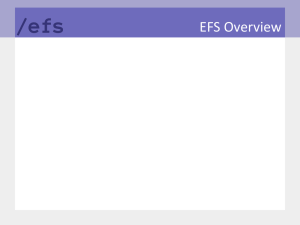PowerPoint
advertisement
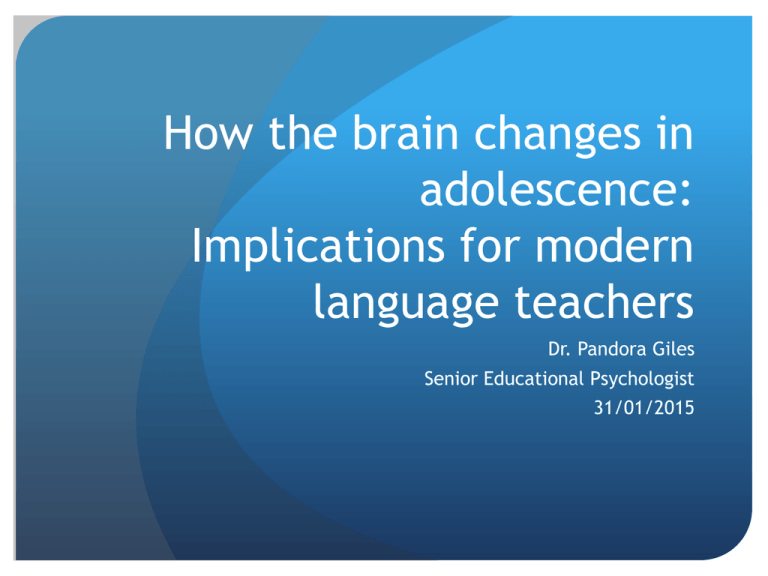
How the brain changes in adolescence: Implications for modern language teachers Dr. Pandora Giles Senior Educational Psychologist 31/01/2015 Outline Brain changes in adolescence The development of executive functions The relevance of executive functions to modern foreign languages How teachers can use meta-cognitive approaches to support the development of executive functions Adolescence “Adolescence is a new birth, for the higher and more completely human traits are now born” (G Stanley Hall) “The children now love luxury; they have bad manners, contempt for authority; they show disrespect for elders and love chatter in place of exercise. Children are now tyrants, not the servants of their households. They no longer rise when elders enter the room. They contradict their parents, chatter before company, gobble up dainties at the table, cross their legs, and tyrannize their teachers.” (Attributed to Sophocles) “Adolescence is society’s permission slip for combining physical maturity with psychological immaturity” (Terri Apter) “When I was 14 my father was so ignorant I could hardly stand to have the old man around. But when I got to 21 I was astonished at how much the old man had learned in 7 years” (Mark Twain) Brain Changes in Adolescence Until recently it was assumed that the brain was fully developed at approximately 5 years of age We now know that the brain continues to develop throughout childhood and into early adulthood Adolescence is a critical period for brain development During adolescence the frontal lobe of the brain develops rapidly and is restructured through a process called ‘pruning’. Pruning in adolescence is mostly in the prefrontal cortex in the frontal lobe Brain Changes in Adolescence The frontal lobe enables humans to plan and make decisions based on logic and reason rather than relying on emotions – in other words it is responsible for ‘higher order’ functions such as executive functioning Executive functioning in adolescence is still very much developing. As educators, parents and members of society we have a tendency to assume that EFs are more developed than they are Frontal Lobe Executive Functions Executive functions (EFs) can been described as the boss of the brain. This boss organises and tells the different parts of the brain what to do, when to do them and how to work together EF is an umbrella term that includes a number of cognitive processes Executive Functions EFs include: Initiating Inhibiting Goal setting Planning/organising/prioritising Shifting attention flexibly Self monitoring Working memory EFs are also responsible for making decisions about social behaviour and emotional regulation EF Difficulties…or Executive Dysfunction A difficulty with producing - the child with EF difficulties does not necessarily have learning difficulties but may do Children with EF difficulties often experience overload of information so input exceeds output. They struggle to plan, organise and prioritise so information gets clogged In the classroom EF difficulties can be attributed to personality, for example being seen as lazy or inattentive Children with EF difficulties “forget to remember” Executive functioning difficulties are seen in conditions such as ADHD and ASD All young people have some difficulties with EF…do we as adults as well? Which EFs are Important for Learning Modern Foreign Languages? Activity: Work with the person next to you One person gives the other person directions for how to walk between Piccadilly Circus and Newport Place… … in Dutch Which EFs are Important for Learning Modern Foreign Languages? Key words in Dutch: Straight ahead - recht door Turn left - links afslaan Stop: stop Turn right - rechts afslaan Keep going - ga door Turn around - draai om Reflections on Activity Which EFs did you use as the person giving directions? Which EFs did you use as the person following the directions? Are you able to identify which EFs you find easier and harder? How would your students have found this task? What adaptations could I have made to reduce the EF demands? Research on EF and Bilingualism Inhibition and selective attention are stronger in bilinguals Both languages are active in the pre-frontal lobe – bilinguals don’t ‘switch’ languages on and off but can move between languages in conversation and thought A study found that bilingual children performed better on EF tasks that required the children to manage conflicting attentional demands. The bilingual children did not perform better on EF tasks requiring impulse control (Carlson & Metlzoff, 2008) How can you support EFs in the classroom? Corn field analogy Reduce the EF demands: Visual supports and structures e.g. writing frames, mindmaps Give instructions in ‘chunks’ Be explicit about the structure and purpose of learning tasks Practice and repetition lay pathways in the brain And, most importantly…teach young people how to learn through developing their ‘meta-cognition’ How can you support EFs in the classroom? Meta-cognition means ‘thinking about thinking’ Embed how to learn in your lesson planning This might include teaching young people about executive functions explicitly, and it definitely means reflecting on learning strategies that support EFs Use meta-cognitive structures and questions to support young people to plan, monitor and evaluate learning tasks Reflect out loud on your thinking Research indicates that meta-cognitive approaches are high impact and low cost (Sutton Trust, 2012) Ending on a Positive… Adolescence is a critical period for learning and for the development of identity, beliefs and relationships After the process of pruning the brain is more efficient. Young people gain greater control over their behaviour, better planning of work and improved social interaction What are you going to take away from this talk? Further Reading Blakemore, S.-J. & Frith, U. (2005) The Learning Brain: Lessons for Education. Oxford: Blackwell Kaufman, C. (2010) Executive Function in the Classroom: Practice Strategies for Improving Performance and Enhancing Skills for all Students. Baltimore: Paul H. Brookes Publishing Co. Meltzer, L. (2010) Executive Function in Education: From Theory to Practice. New York: The Guildford Press.
